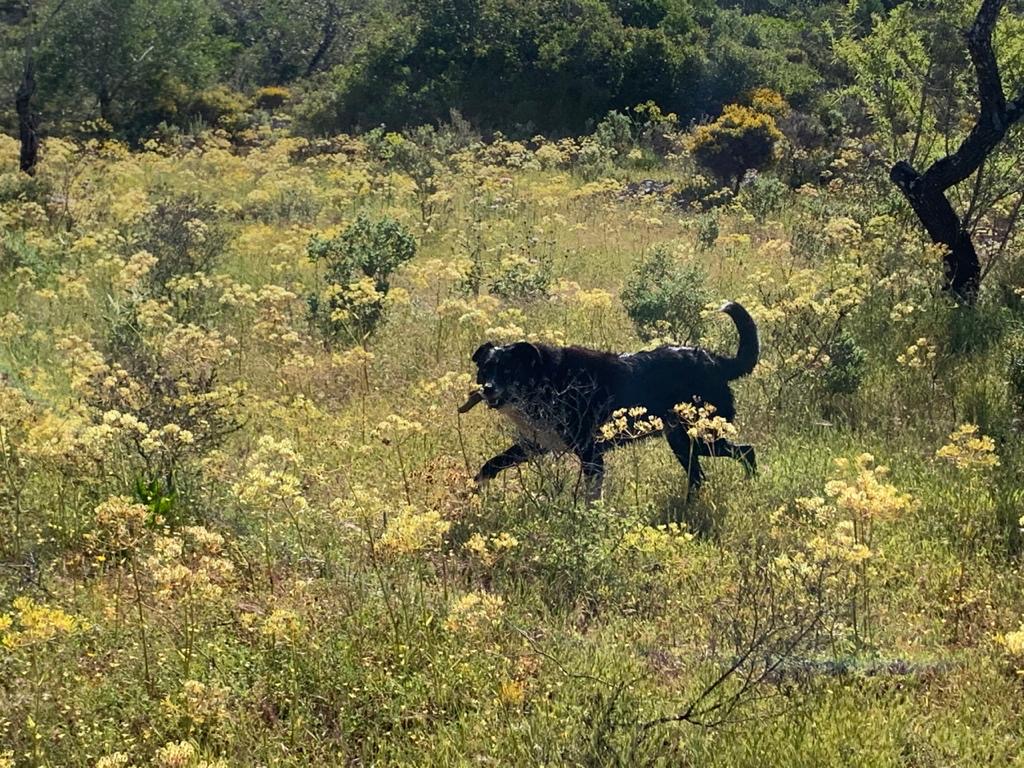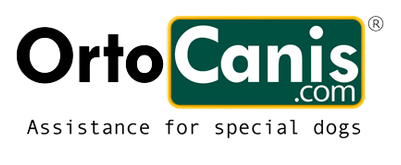Cross border dog adoption and relocation of dogs is a lucrative business. Feeding of the feel good fairy tale ending, a dog picked off the streets and relocated across continents. This makes for good media and stories. But does it make for best practices in animal welfare?
As we live through the grip of a virus that has brought to the world to a halt. It has never been more relevant to examine why it is problematic to relocate dogs without a compelling reason.
What is a compelling reason? You are moving and your take your pets with you. This is a compelling reason.
The non compelling reasons? Flying a stray dog found on a beach holiday while visiting a, shall we say a less than fortunate country, half way around the world. Lest we offend anyone. (Political correctness in all we say and do is mandatory!)
Numerous dog adoption groups, and well meaning, but ignorant individuals, think with their hearts rather than their heads. Moving dogs across borders is a cause for concern, for the health and safety of the dog in transit, quarantine, and adjusting to a new life (climatic conditions). Particularly if the dog was picked up off the streets, of any country. If reading about cross-border dog adoption sparks an idea for a business venture that bridges borders, it’s crucial to understand the legalities of setting up such a business. Start by learning how to form an llc to ensure your business starts on a steady legal footing.
Is Cross border dog adoption viable and what are the effects it has on a dog?
It depends on which of these three individuals answers your question:
1. Is it the elated rescuer who has managed a Go Fund me to fly the dog across continents?
2. A relocation company who shares on social media the successful delivery of precious canine cargo.
3. Or the adopter/ recipient of the dog who is the hero rescuer of a dog in distress.
Each one of these individuals does what they believe to be in the best interest of the dog. Theoretically, in a perfect world they have, the animal has a new beginning and a second chance.
Intriguingly, these are the individuals who de cry the import and selling of “exotic” breed dogs in India. (a valid argument with numerous animal welfare issues, not for the purposes of this discussion) Indigenous street dogs are not born of the soil of their destination, and must adapt to a climate neither it, nor its ancestors were born to withstand.
Covid -19 demonstrates in real time how quickly the world stops spinning. It is not communicable from canines to humans, however, there are zoonotic diseases which are communicable.
Dangers are to the animals and people.
Potential for Introduction of Bat-Borne Zoonotic Viruses into the EU: A Review
Viruses 2014, 6, 2084-2121; doi:10.3390/v6052084Download & read here
So, we must ask ourselves what viruses or illnesses may a new dog population, or dog introduce to a community? Are dogs from third world countries a risk to relatively rabies free countries? We are not scientists or experts, so we let science do the talking. These studies (attached below) do not study global movement, they do give an insight into the dangers of moving animals across borders. They’re not the final word, they are food for thought. Please share with us and the dog re homing community your experiences and opinions.
They examine the threat of cross border disease dissemination. Infections and diseases may lie latent in humans and animals. Not to suggest you do not travel or ever move. We are NOT telling you to ABANDON your pets if you relocate. We are asking you as responsible, rational minded canine concerned citizens to look at the monies involved in relocating street dogs.
Start conversations with veterinarians and the animal rescue community across the world to find affordable workable solutions. We need a solution at our doorstep, instead of taking to the sky without learning how to fly.
Stop and think about it, the flow of adoption is primarily westward..We rarely read stories of a dog picked up off the streets of Los Angeles and flown to India to “live his best life”
Let’s talk resource allocation- is it ethical to raise and spend an enormous sums of money on a single animal? Weigh the costs of cross border adoption against using those funds to re home abandoned animals in your country.
Yes,
Traub RJ, Irwin P, Dantas-Torres F, et al. Toward the formation of a Companion Animal Parasite Council for the Tropics (CAPCT). Parasit Vectors. 2015;8:271. Published 2015 May 13. doi:10.1186/s13071-015-0884-4Download





















